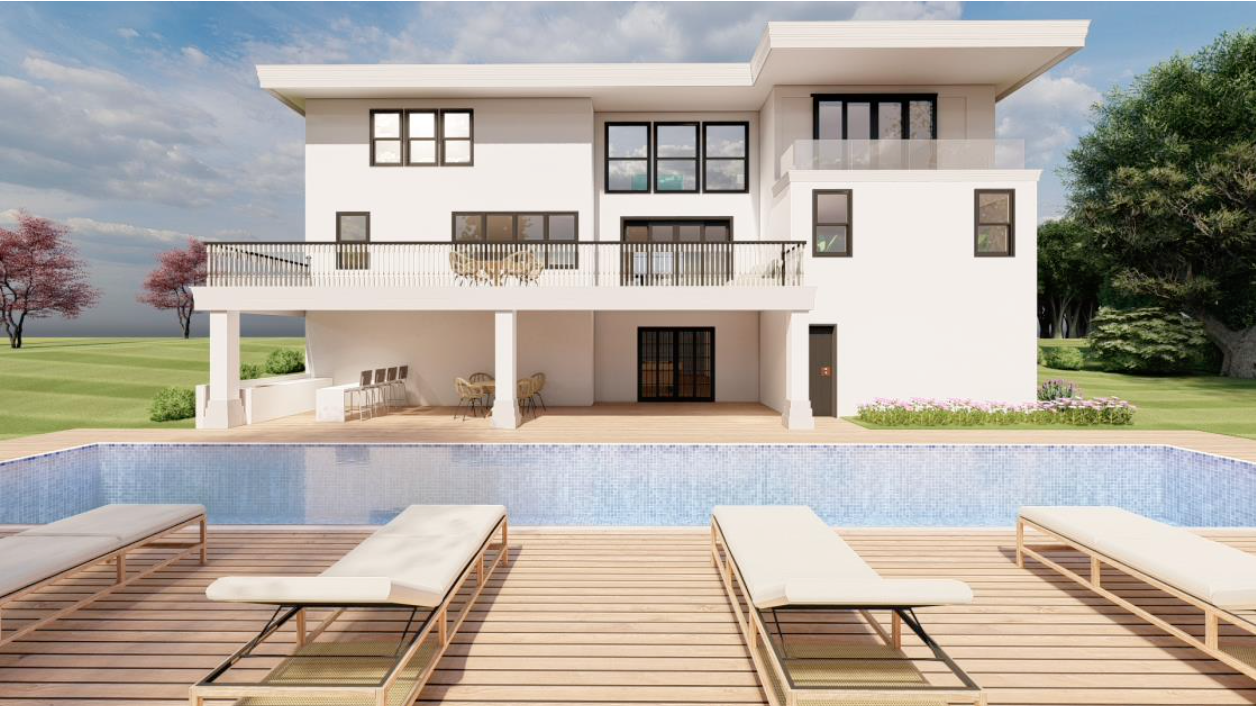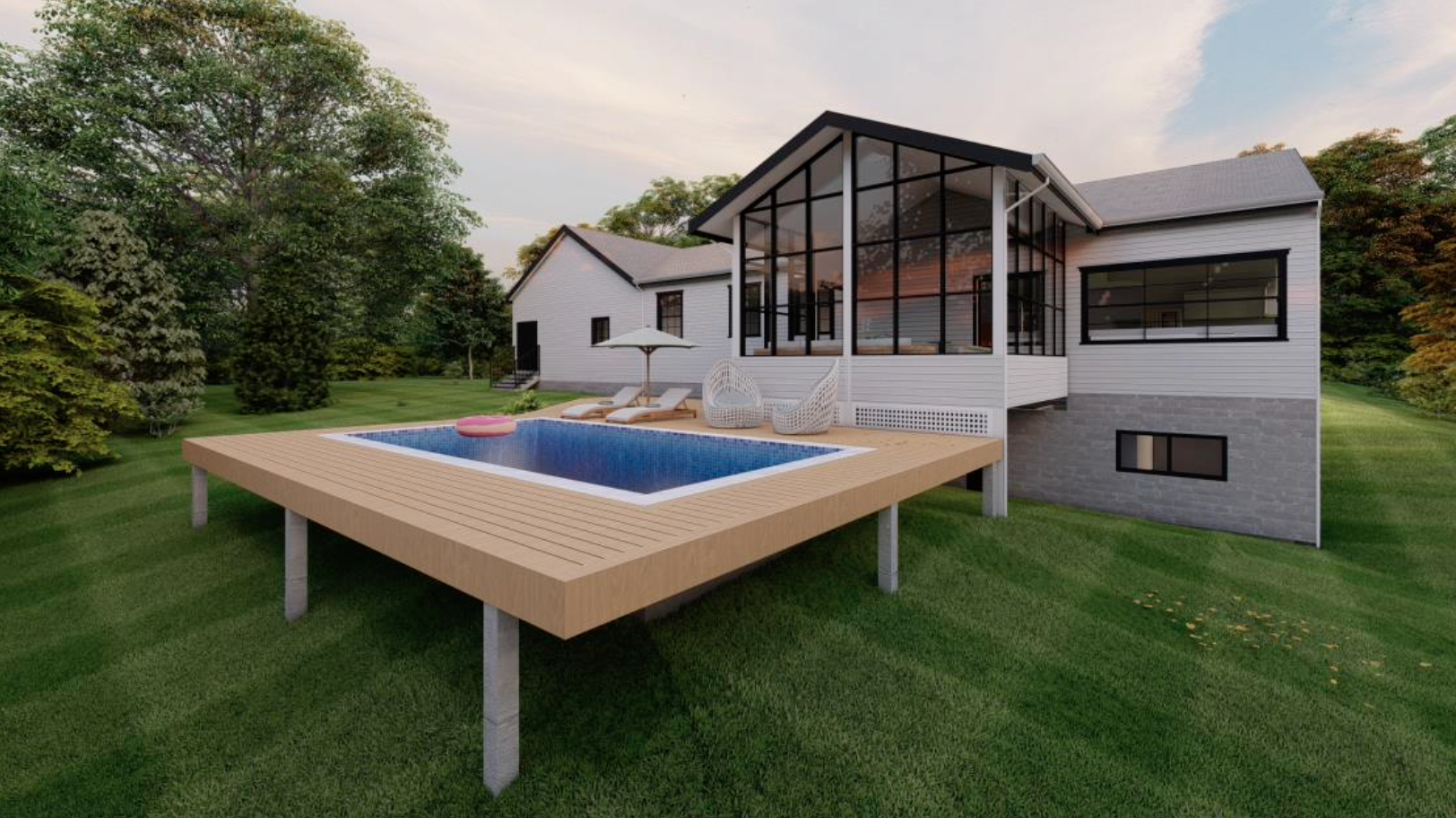Landscape design
Landscape design is the process of planning, arranging, and organizing outdoor spaces, such as gardens, yards, parks, or other open areas, in a way that is aesthetically pleasing, functional, and environmentally sustainable. It involves the integration of various elements, including plants, trees, shrubs, hardscape features (such as paths, patios, and walls), water features, lighting, and other design elements to create a harmonious and visually appealing outdoor environment. The importance of landscape design cannot be overstated, as it plays a significant role in several aspects:
Aesthetics:
A well-designed landscape enhances the overall appearance and beauty of a property. It can create a welcoming and attractive environment that enhances the curb appeal of a home or commercial space.
Functionality:
A thoughtful landscape design ensures that outdoor spaces are functional and serve the intended purposes. It takes into account how people will use the space and includes elements like pathways, seating areas, and recreational spaces.
Environmental Benefits:
Landscape design can promote environmental sustainability by incorporating native plants, water-efficient irrigation systems, and eco-friendly features. A carefully designed landscape can help conserve water, support local biodiversity, and reduce the impact of urban heat islands.
Increased Property Value:
A well-maintained and visually appealing landscape can significantly increase the value of a property. A thoughtfully designed outdoor space is often seen as an extension of the living area and can be a major selling point for potential buyers.
Health and Well-being:
Access to green spaces and well-designed landscapes has been shown to have positive effects on mental and physical
health. Being in a pleasant outdoor environment can reduce stress, promote relaxation, and encourage outdoor activities.
Privacy and Screening:
Landscape design can also be used strategically to provide privacy from neighboring properties, screen undesirable views, and create a sense of seclusion within the outdoor space.
In summary, landscape design is crucial for creating functional, attractive, and sustainable outdoor spaces that enhance the quality of life for residents or visitors, while also contributing positively to the environment. Whether for residential, commercial, or public spaces, a well-executed landscape design can have a lasting and significant impact on the overall appeal and value of the property.


